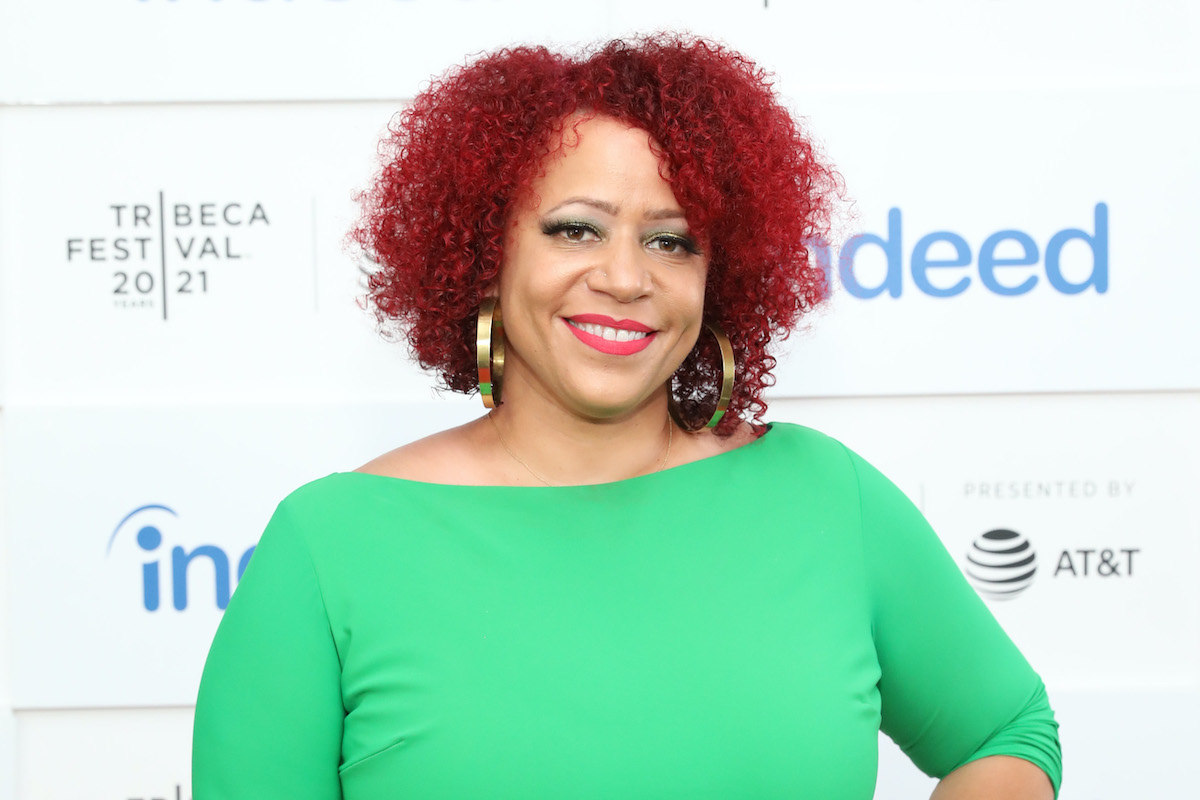Months after the University of North Carolina Chapel Hill denied tenure to New York Times journalist and incoming professor Nikole Hannah-Jones–a move that saw an intense and very public backlash–the school’s board of trustees have voted to reverse that decision and offer Hannah-Jones tenure. To which Hannah-Jones now says, thanks but no thanks.
Hannah-Jones is a Pulitzer Prize, Peabody, and MacArthur Foundation “Genius” Grant winner who was set to take up the role of UNC’s Knight Chair in Race and Investigative Journalism. A Knight Chair is a position that “bridge[s] the newsroom-classroom divide” and is traditionally a tenured position. In fact, as Hannah-Jones said in a statement, “Every Knight Chair at the University of North Carolina at Chapel Hill since the 1980s has entered that position as a full professor with tenure.” But after offering her the role, the school abruptly changed it to a five-year, non-tenured contract position.
At the time, the board was accused of yielding to conservative backlash over Hannah-Jones’ work on the unnecessarily controversial “1619 Project,” the NYT initiative that many on the right have placed at the center of their war on anti-racism (also known as “racism”).
In addition to the outpouring of support for Hannah-Jones on social media, more than 500 members of UNC’s faculty and staff signed their names to a letter calling the decision “concerning” and “disheartening,” calling for a reversal of the decision not to offer Hannah-Jones tenure and demanding explanations.
UNC-Chapel Hill finally reversed their decision and approved Hannah-Jones’ tenure but it was too late. She released a statement announcing she was declining the offer and will instead be joining the faculty of Howard University in its newly created role of Knight Chair in Race and Investigative Journalism.
Speaking to Gayle King on CBS This Morning, Hannah-Jones said Tuesday, “To be denied it, and to only be granted tenure on the last possible day at the last possible moment after legal action, after weeks of protests, after it became a national scandal, it’s just not something I wanted anymore.”
JUST IN: Award-winning journalist @nhannahjones reveals on @CBSThisMorning she has declined the University of North Carolina’s offer for tenure and will be the inaugural Knight Chair in Race and Reporting at @HowardU. pic.twitter.com/w9j0gVe0cd
— CBS This Morning (@CBSThisMorning) July 6, 2021
I highly recommend reading her entire statement, which offers an illuminating look at the details of this entire ordeal as Hannah-Jones experienced it. She also explains why she ultimately decided to turn down the position at her alma mater in favor of a position at a historically Black university.
Here’s a key excerpt:
At some point when you have proven yourself and fought your way into institutions that were not built for you, when you’ve proven you can compete and excel at the highest level, you have to decide that you are done forcing yourself in.
I fought this battle because I know that all across this country Black faculty, and faculty from other marginalized groups, are having their opportunities stifled, and that if political appointees could successfully stop my tenure, then they would only be emboldened to do it to others who do not have my platform. I had to stand up. And, I won the battle for tenure.
But I also get to decide what battles I continue to fight. And I have decided that instead of fighting to prove I belong at an institution that until 1955 prohibited Black Americans from attending, I am instead going to work in the legacy of a university not built by the enslaved but for those who once were. For too long, Black Americans have been taught that success is defined by gaining entry to and succeeding in historically white institutions. I have done that, and now I am honored and grateful to join the long legacy of Black Americans who have defined success by working to build up their own.
In more great news for Howard University and its students, it was also announced this week that Ta-Nehisi Coates (Between the World and Me, We Were Eight Years in Power, Black Panther) will be joining the faculty as the Sterling Brown Chair in the English department.
“It is my pleasure to welcome to Howard two of today’s most respected and influential journalists,” said Wayne A. I. Frederick, M.D., MBA, president of Howard University. “At such a critical time for race relations in our country, it is vital that we understand the role of journalism in steering our national conversation and social progress. Not only must our newsrooms reflect the communities where they are reporting, but we need to infuse the profession with diverse talent. We are thrilled that they will bring their insights and research to what is already a world-class, highly accomplished team of professors.”
Always go where you are celebrated, not just tolerated.
— Karen Attiah (@KarenAttiah) July 6, 2021
(image: Monica Schipper/Getty Images for Tribeca Festival)
Want more stories like this? Become a subscriber and support the site!
—The Mary Sue has a strict comment policy that forbids, but is not limited to, personal insults toward anyone, hate speech, and trolling.—










Published: Jul 6, 2021 01:46 pm